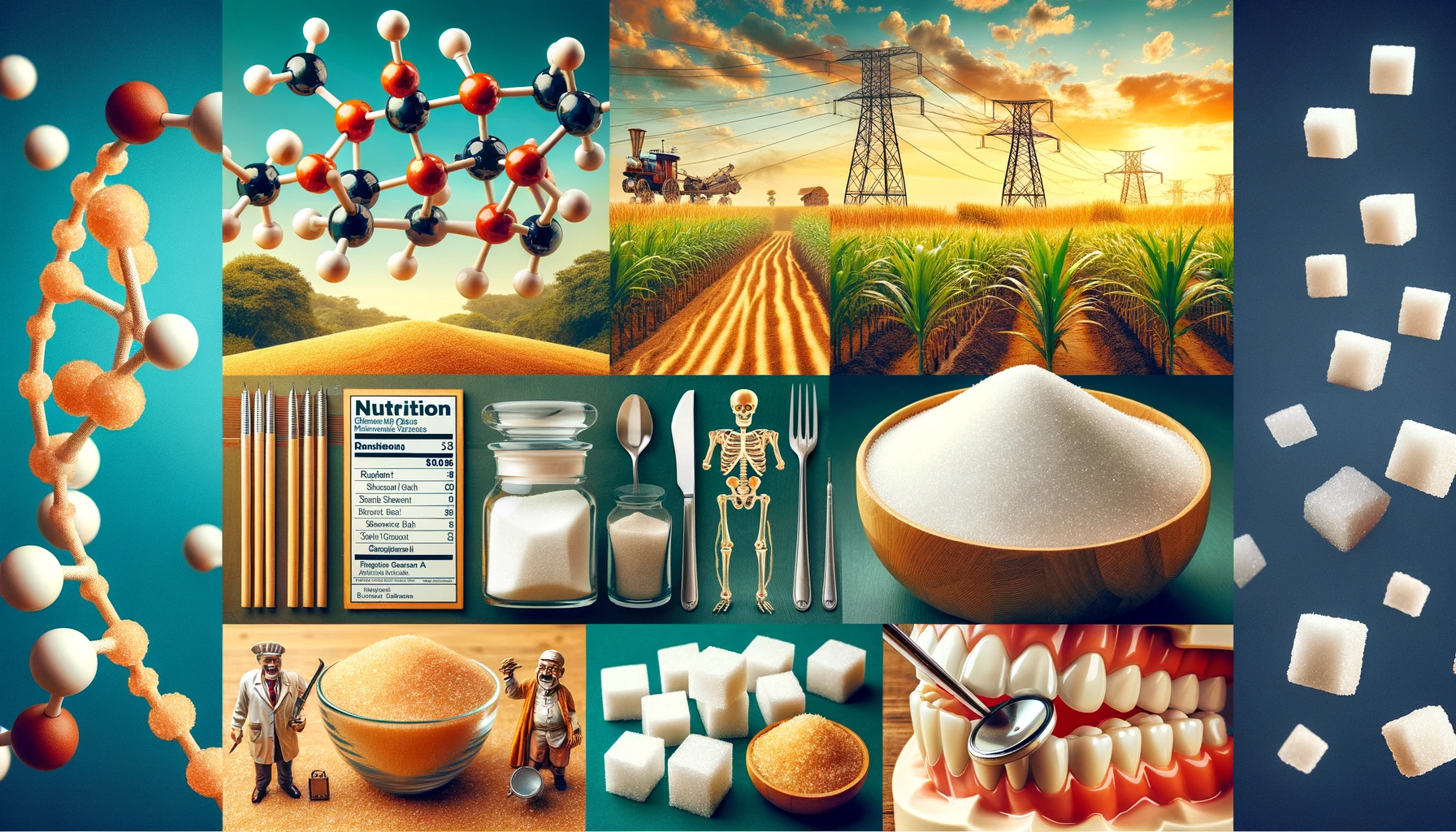In today’s fast-paced world, it’s not uncommon to feel fatigued and drained of energy. While many factors can contribute to this, one often overlooked culprit is sugar. Understanding the relationship between sugar and energy levels is crucial for maintaining a consistent and sustainable source of vitality throughout the day. In this article, we will delve into the science behind sugar’s impact on energy, explore the different types of sugars, and provide practical tips for managing sugar intake to combat fatigue effectively.
The Basics of Sugar and Energy
How Sugar Affects Energy Levels
Sugar, in its various forms, is a primary source of energy for the human body. When consumed, it is broken down into glucose, which enters the bloodstream and provides fuel for cells. However, the rate at which sugar is absorbed and utilized can have a significant impact on energy levels.
The Sugar Rush and Crash
You’ve likely experienced a “sugar rush” after consuming a sugary snack or drink. This surge in energy is due to the rapid spike in blood sugar levels. However, the body responds by releasing insulin to bring sugar levels back to normal, leading to a “sugar crash” characterized by fatigue, irritability, and a sharp drop in energy.
Different Types of Sugar
Natural Sugars vs. Added Sugars
Not all sugars are created equal. It’s important to distinguish between natural sugars found in fruits, vegetables, and dairy products, and added sugars commonly found in processed foods and sugary beverages. Natural sugars come packaged with essential nutrients and fiber, while added sugars contribute empty calories and can wreak havoc on energy levels.
High-Fructose Corn Syrup (HFCS) and Energy Drain
High-fructose corn syrup, a common ingredient in many processed foods, is known for its detrimental effects on energy levels. HFCS consumption has been linked to insulin resistance and an increased risk of type 2 diabetes, both of which can lead to chronic fatigue.
Managing Sugar Intake for Optimal Energy
Read Food Labels
Become a savvy label reader. Check ingredient lists for hidden sugars, as they can be disguised under various names like sucrose, glucose, fructose, and more. Limit your consumption of foods with high sugar content.
Choose Whole Foods
Opt for whole, unprocessed foods that provide natural sugars along with essential nutrients. Fruits, vegetables, and whole grains are excellent choices for sustaining energy throughout the day.
Balanced Meals
Create balanced meals that include a combination of carbohydrates, proteins, and healthy fats. This helps regulate blood sugar levels and prevents energy spikes and crashes.
Stay Hydrated
Dehydration can mimic the symptoms of fatigue. Drink plenty of water throughout the day to stay properly hydrated and maintain steady energy levels.
Mindful Eating
Practice mindful eating by paying attention to hunger cues and avoiding emotional eating. This can help you make better food choices and prevent excessive sugar consumption.
Conclusion
Understanding the relationship between sugar and energy levels is essential for combating fatigue and maintaining optimal vitality. By making informed choices about the types and quantities of sugar you consume, you can ensure a consistent and sustainable source of energy throughout your day. Remember to prioritize whole foods, read labels, and practice mindful eating to achieve and maintain your energy goals. Your body will thank you with increased vitality and improved overall well-being.
